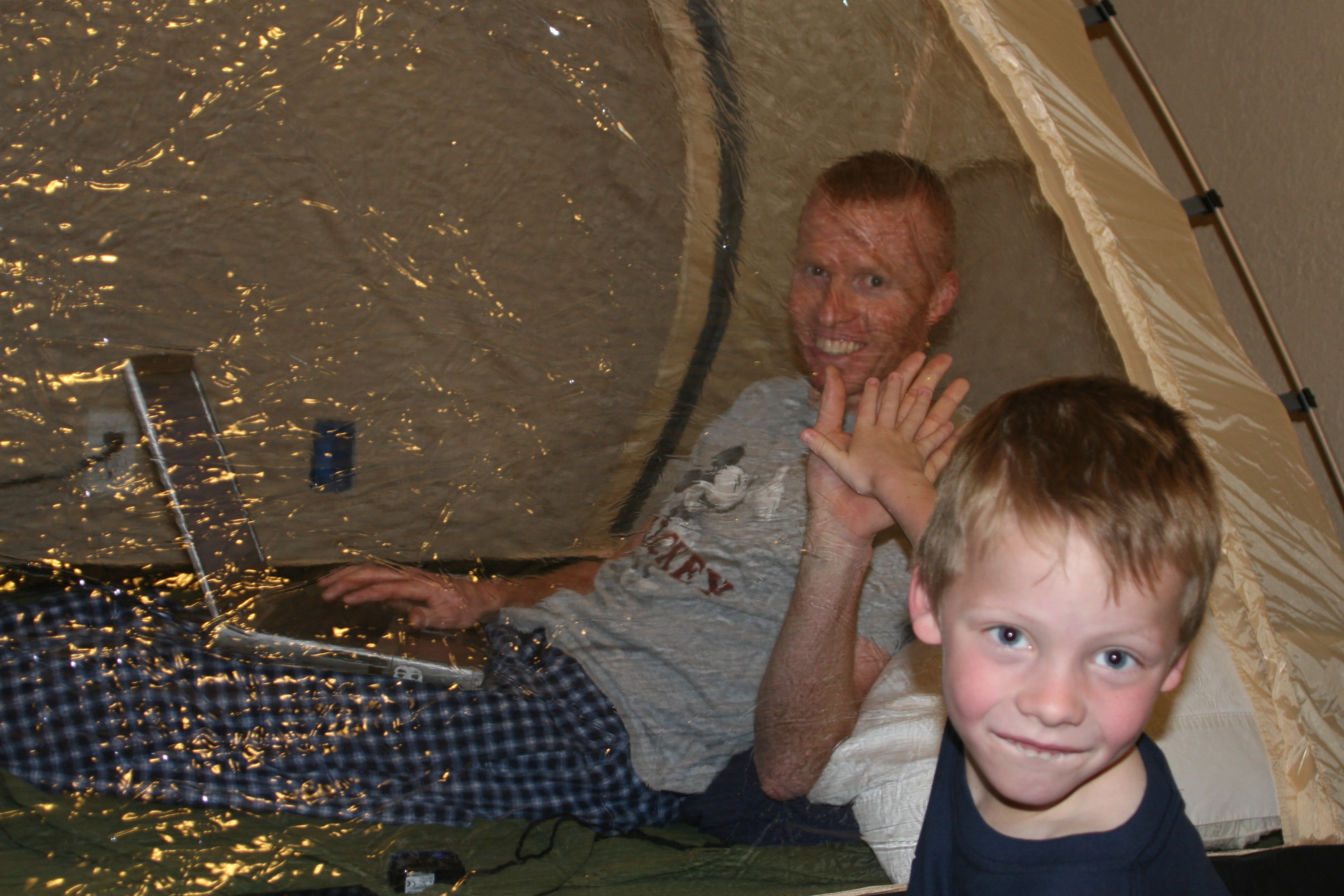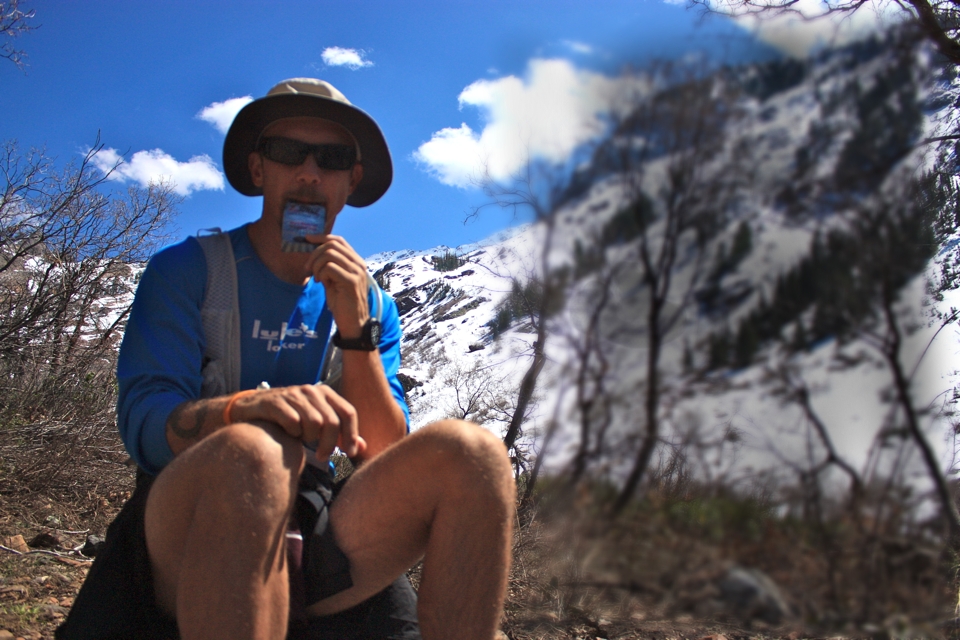After my post last week on my website site about my Crappy Run and then yesterday’s post about my Full Rest Day, I received a lot of e-mails from people asking for specific information on rest days for runners. I believe that resting is one of the most important things you can do to become a better runner. I see many runners who are frantic about taking a day or two off, thinking it will hurt their running, when in fact, it will benefit them more than an extra workout ever will. Studies show that it takes about two weeks to lose any fitness – for “detraining” to occur – but an overtrained body can take months to recover.
While resting is a very personal thing, and highly dependent on the runner’s training level and goals, there are some basics that all runners can benefit from:
First, rest is a necessary component of improved performance. While running tears down muscle and puts stress on the cardiovascular and musculoskeletal systems, rest is when the body repairs, strengthens and builds. Without rest, we are in a constant state of tearing down with no corresponding recovery/strengthening phase. If you want to be a better runner, train and then rest.
Second, rest is the most important component of injury prevention. Most running injuries are caused by overuse. Because of the tear down/repair cycle discussed above, bones, joints. ligaments and muscles all need time to repair and adapt after being “torn down” during training. If never allowed to rest, the body will simply break down physically, leading to stress fractures, torn ligaments and tendons, and worn out joints. Protect your body from typical ruuner’s injuries by giving it time to rest after training.
Third, rest is necessary to prevent burnout. Burnout is a tricky bugger because we never see it coming until it is too late. We get so focused on our end goal – to be a good runner – that we are often blindsided when we lose our enthusiasm for somtheing about which we were so passionate. Just like the body, the mind needs to recover from the training load, too.
Here are the general guidelines I follow when incorporating rest into my athletes’ training programs:
Beginner Runner: When a runner first begins training, rest is vital for him to be able to make any improvements in the sport. When working with beginners. I usually have them take a rest day after every day of running. Once they start to adapt, I will have them add in cross training days in place of half of their rest days, leaving them 1 to 2 days of full rest.
Intermediate Runner: For moderately trained runners, a running schedule of 5 days of running, 1 cross training day, and 1 full rest day seems to work best for optimal performance and recovery.
Advanced/Elite Runner: For highly trained athletes, 6 days of running with 1 full rest day per week is ideal. Many of my top athletes, however, will run 2-3 miles on their off day, keeping their heart rate below 60%. This is done to “cleanse” their systems, remove toxins, and ward off tightness and sluggishness. Often, when athletes are running 85 – 150 miles per week, they find their bodies do better if they move a little on their rest day. At this level, though, these runners will take a full rest day every 4 weeks to sleep, eat and relax.
Most importantly, when adopting any training schedule, listen to your body. Just because a schedule calls for 1 rest day per week, if you need more, take them. An extra day off is well worth the benefit of preventing a looming injury, illness, or burnout.
Don’t be afraid to rest. Your body will thank you, and you will ultimately boost your performance!





















[…] is where your body repairs itself from the stress you put it under during the day (see my earlier post on the importance of rest for runners). It is important to get 7 – 8 hours of sleep per night, […]
Great article! Good guide. A lot of people do way too much too early. I have seen this a lot with my personal training clients who are starting to run or have been running and following a random training plan. Overtraining and injury are prevalent and it would be so easy to avoid.